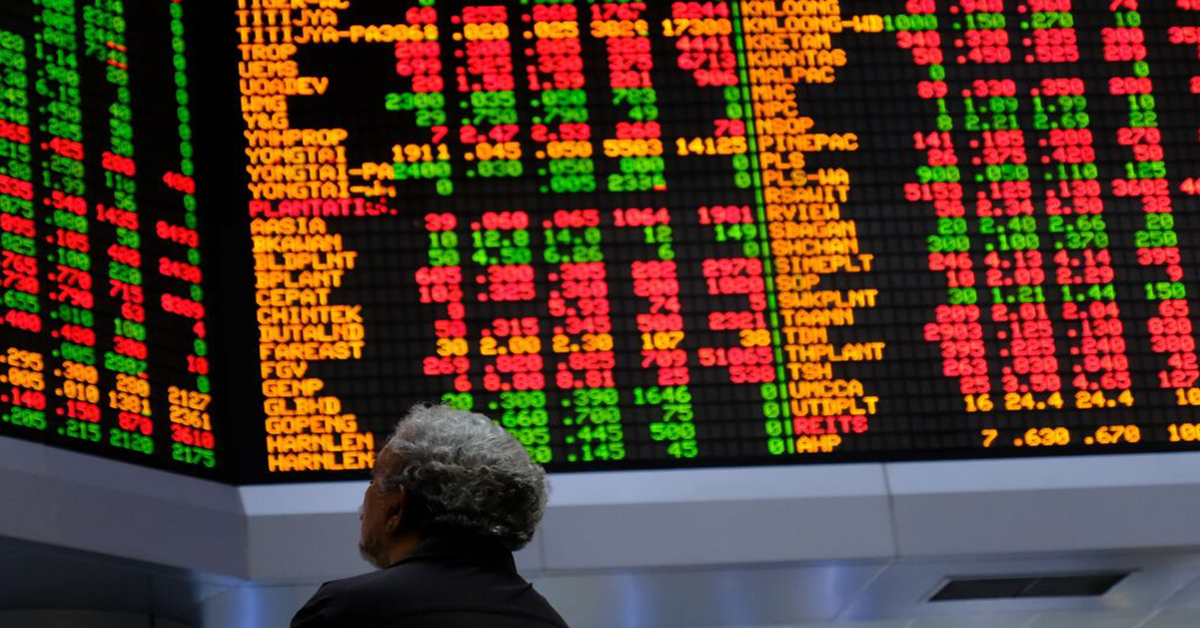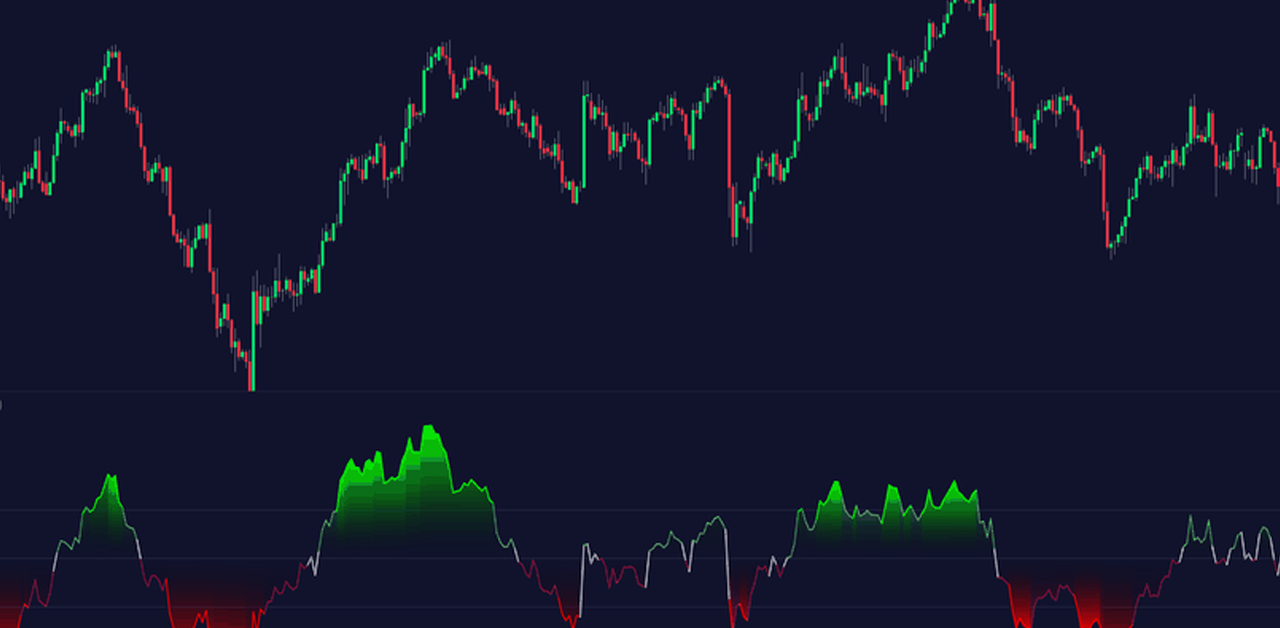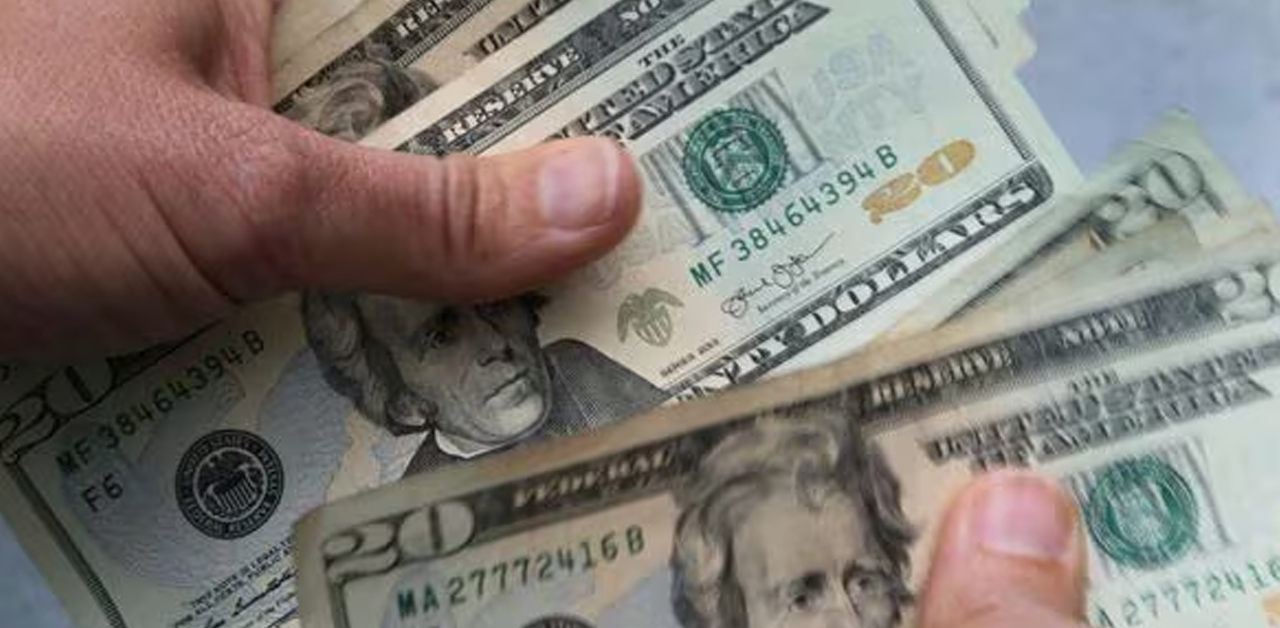Asian Stocks Rise Slightly as Hopes for Federal Reserve Action Boost Sentiment
Asian stock markets achieved modest gains on Tuesday, driven by rising optimism that the Federal Reserve may initiate interest rate cuts within the year. This sentiment mirrored the uptick on Wall Street, sparked by soft U.S. employment figures which fueled speculation about potential changes in Fed policy. The optimism extended across major Asian markets, particularly in Japan, Korea, and Australia, contributing to the longest streak of gains in the region since February.
In Japan, the Nikkei 225 surged by as much as 1.6% as Tokyo investors returned from a holiday, showing robust trading activity. However, markets in Hong Kong and Shanghai experienced fluctuations, alternating between losses and gains throughout the trading day. The Japanese yen weakened following comments from Japan’s top currency official, Masato Kanda, who indicated that there was no immediate need for government intervention in currency markets as long as they remained functional.
The global equity landscape has been positively influenced by adjustments in investor expectations regarding the Federal Reserve’s monetary policy, especially after the recent U.S. jobs data suggested a less robust labor market. Chinese stocks, in particular, saw an uplift from assurances by China’s leaders to introduce new measures aimed at addressing the lingering issues in the housing sector.
Investment analysts highlight Asia’s attractive prospects in terms of growth, earnings potential, and valuation compared to the U.S. According to Ray Sharma-Ong of abrdn Plc, Asian markets have historically outperformed during periods of Fed monetary easing, thanks to better growth dynamics and attractive currency yields.
In the bond markets, there has been a cautious but noticeable shift towards expecting Fed easing this year, influenced by signs of cooling in the U.S. labor market. The yield on U.S. 10-year Treasuries showed little change, mirroring a stable yield environment in Australia as well.
Statements from Federal Reserve officials have underscored this cautious approach. Thomas Barkin, President of the Fed Bank of Richmond, noted that sustained high interest rates are likely to further slow economic growth and help bring inflation down to the 2% target. His counterpart in New York, John Williams, mentioned that rate cuts are anticipated eventually, but the timing would hinge on a broader array of economic data.
Meanwhile, the Reserve Bank of Australia held interest rates steady at a 12-year peak, indicating it would take time before inflation consistently met its target range. In China, positive sentiments were further buoyed as Shenzhen and other major cities relaxed home buying restrictions, part of broader efforts to rejuvenate the struggling real estate sector.
Strategists at HSBC Holdings, including Herald van der Linde, suggest that Chinese markets are poised to remain attractive in the short term due to an undervalued yen, high investment in Japanese funds, and ongoing improvements in China’s regulatory and economic environment. They predict that any Fed easing in late 2024 would likely benefit mainland China more than Japan, pointing to a continued shift in regional market dynamics.












